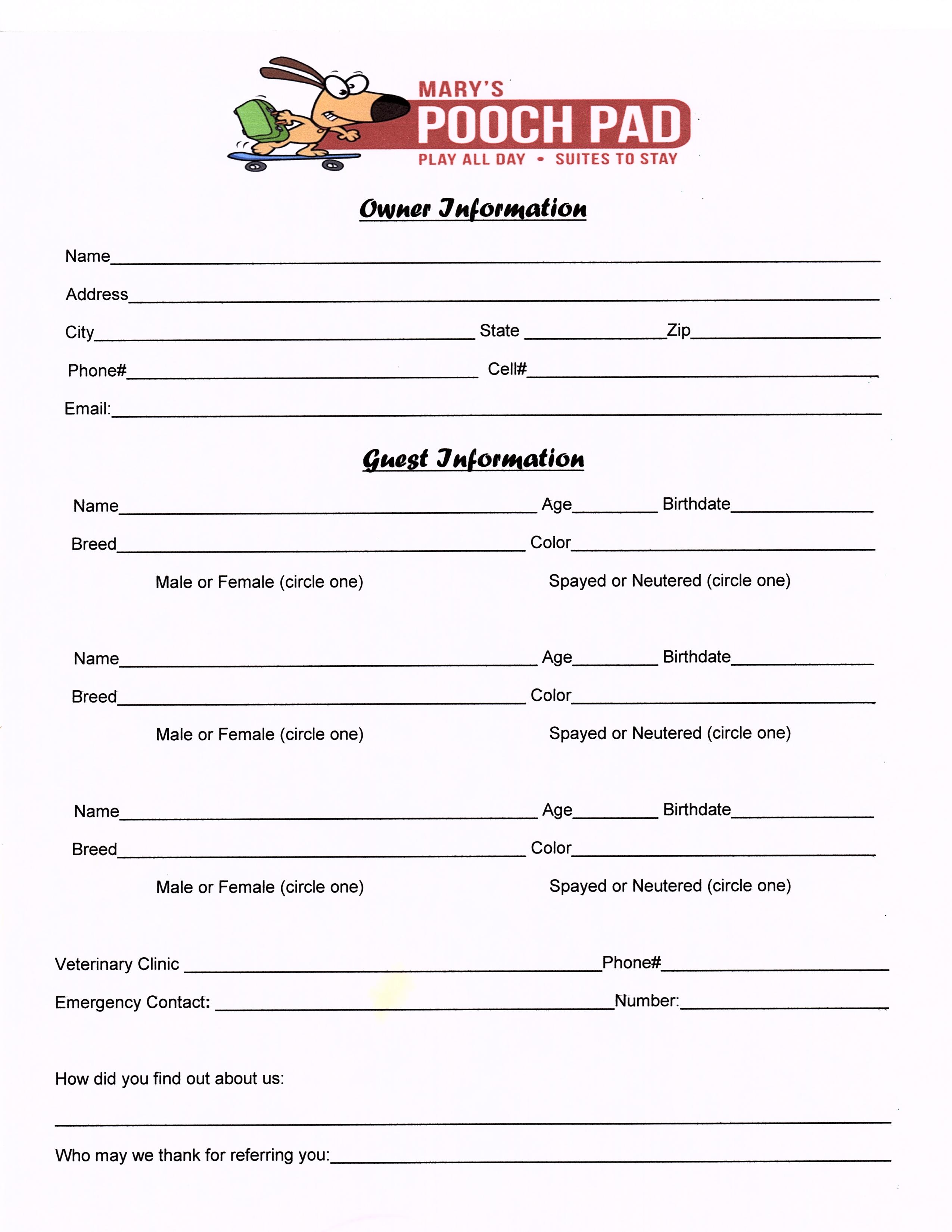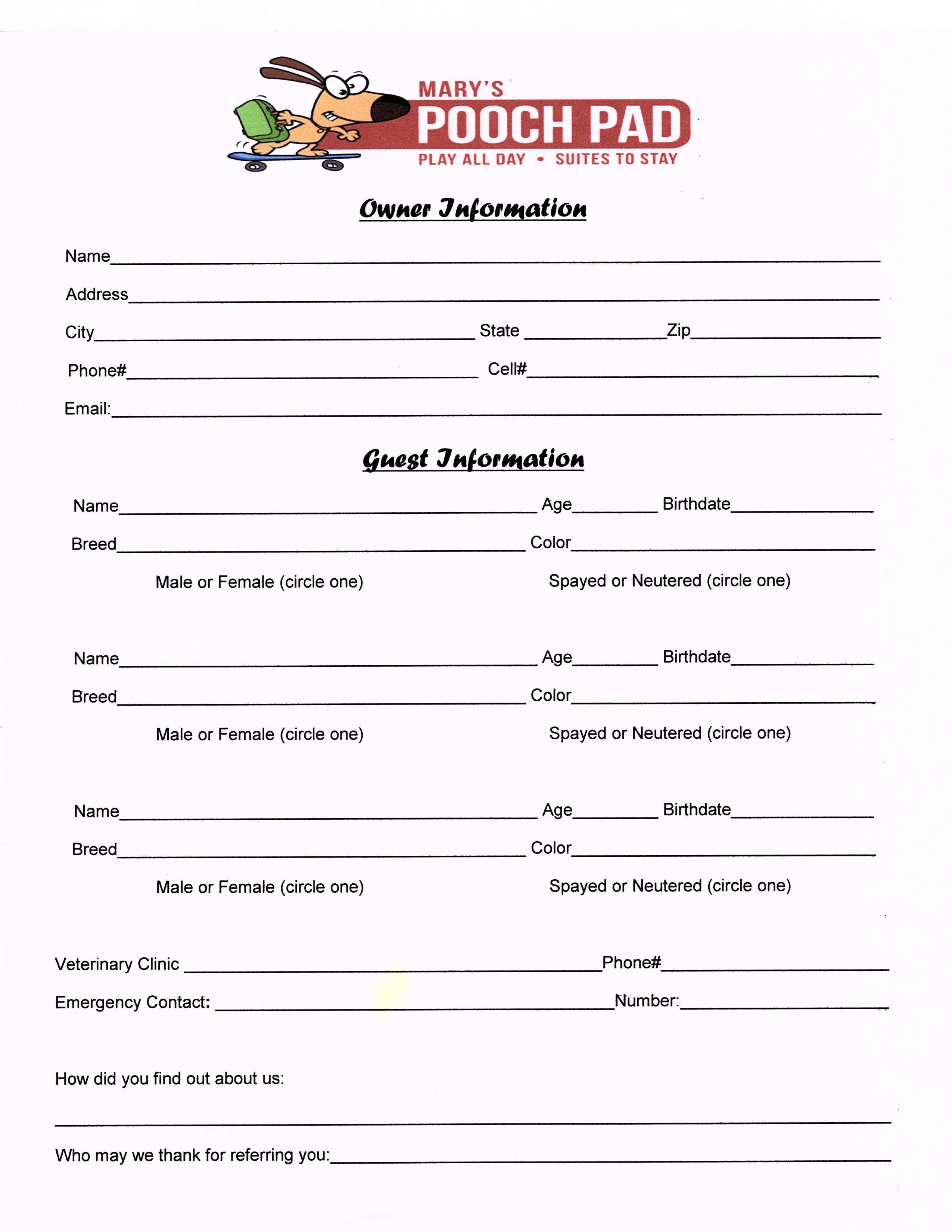7 Essential Tips: How Long to Keep Investment Paperwork

When it comes to managing investment documents, one of the most common questions investors face is: "How long should I keep my investment paperwork?" Knowing the right duration to retain these documents can save you from legal issues, help with tax filings, and provide a clear record of your financial history. Here, we'll explore seven essential tips to guide you through the maze of investment record-keeping.
Understand Legal and Tax Requirements

The first step in deciding how long to keep investment paperwork involves understanding the legal and tax requirements. Different types of investment documents might have varying retention periods due to:
- Tax Purposes: The IRS might require documents for up to seven years after you’ve filed your returns. Keep records of transactions, dividends, capital gains, and losses.
- Legal Disputes: In case of disputes or legal actions related to investments, records can be crucial. Typically, a statute of limitations might be 3 to 6 years, but longer in fraud or embezzlement cases.
- Audits: In the event of an audit, you’ll need documentation to back up your financial transactions.
Retain Records for Major Investments

For major investments like real estate, business stakes, or large stock purchases, keeping records indefinitely or for a very long time is often advisable:
- Real Estate: Keep records of purchase documents, mortgages, improvements, and sales for as long as you own the property plus at least six years after disposal.
- Stocks or Equity: Retain all records related to your equity investments, including purchase and sale records, dividend reinvestment plans, and stock splits.
- Partnerships or LLCs: You might need these records for tax purposes, distribution records, and capital calls.
🔍 Note: Always check with local regulations as some jurisdictions might have different rules for specific types of investments.
Organize Your Investment Papers

An organized filing system can make document retention less daunting:
- Use categories for different types of investments.
- File documents by year or investment type for easy retrieval.
- Consider digital solutions for scanning and storing paper records securely.
Consider Electronic Records

In today’s digital age, paper isn’t the only medium:
- Digital copies can serve as backups. Ensure they are backed up to cloud services or external hard drives.
- Scan documents, keeping both originals and digital copies for redundancy.
- Keep track of online statements, digital confirmations, and email records for your investments.
Follow Industry Standards

Some financial institutions or investment firms might provide their own guidelines:
- Advisory firms might suggest 6 years for investment-related documents.
- Brokers might give specific retention periods for trading records.
- Retirement plans like IRAs or 401(k)s might have different rules, especially regarding beneficiary designations.
Create an Investment Ledger

| Type of Document | Retention Period |
|---|---|
| Investment Purchase and Sale Records | 7 Years or Indefinitely |
| Account Statements | 7 Years |
| Tax Returns | 7 Years |
| Year-End Summary of Transactions | 7 Years or Indefinitely |

Review and Purge

While retaining records is beneficial, it’s also important to know when to purge:
- Annually review documents, especially when tax season ends.
- Consider shredding or securely disposing of documents that have passed their retention period.
- Remember, electronic documents can be deleted after verification.
🧹 Note: Some investment documents might have sentimental or personal value, and you might choose to retain them even if there's no legal obligation to do so.
Ultimately, keeping track of your investment paperwork isn't just a matter of regulation but also of smart financial management. By following these tips, you ensure you're prepared for any future tax filings, audits, or legal issues. Not only does this promote better financial health, but it also provides peace of mind knowing that your investment history is well-documented. Regular reviews and an organized system can simplify this process, making it less overwhelming to manage your investment documents effectively.
How long should I keep records for my 401(k)?

+
Keep records for your 401(k) indefinitely, especially beneficiary designations, as they relate to retirement and estate planning.
What should I do with investment documents after the retention period?

+
After the retention period, shred physical documents to prevent identity theft. For electronic documents, securely delete them from your system.
What happens if I’m audited by the IRS and don’t have the required documents?

+
If audited and you can’t provide necessary documents, you might face fines, penalties, or a longer audit process. Keeping records for the recommended period can mitigate these risks.



